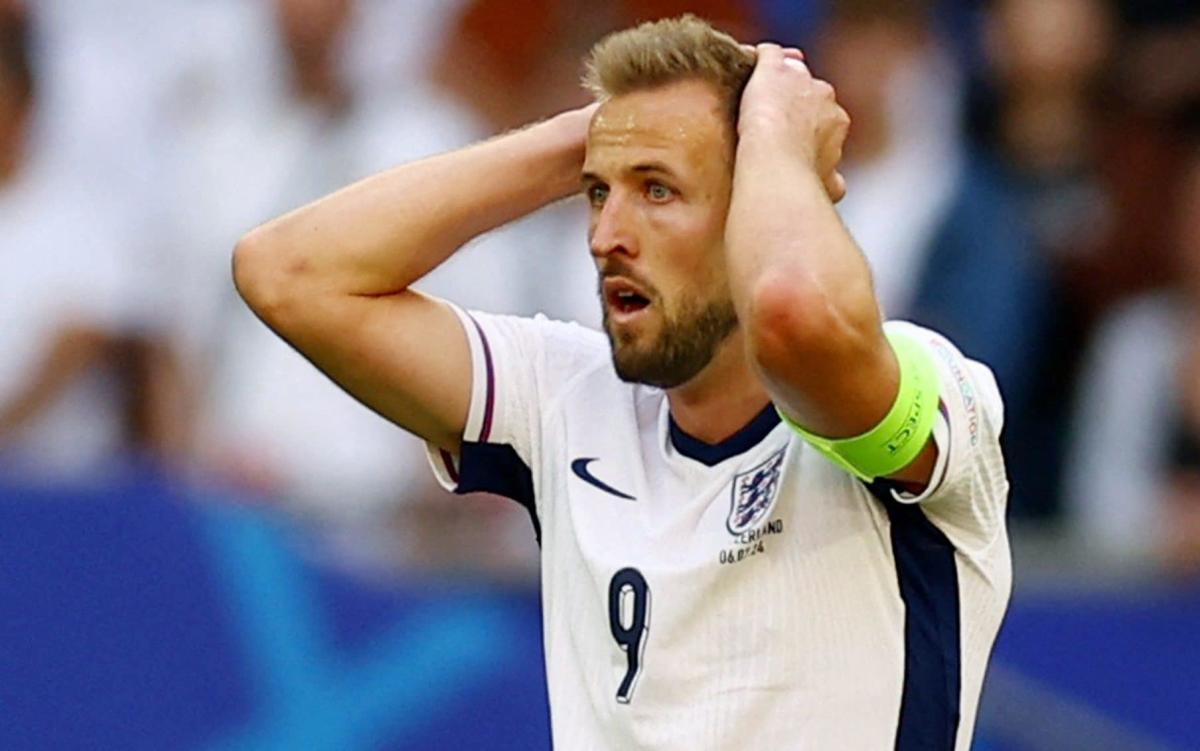Flooding has hit parts of Texas in recent weeks, Minnesota And Florida underwater wildfires have ravaged California and Hurricane Beryl has brought wind, rain and destruction to the Caribbean — just a few examples of the types of natural disasters that are becoming more damaging or more frequent due to climate change.
The visible effects of climate change are raising concerns among America’s youth. A 2021 survey found that 59% of teens and young adults were very or extremely concerned about the impact of climate change.
According to experts, “climate anxiety” – the feeling of gloom and despair about the future of humanity and our planet – can manifest as intrusive thoughts or feelings of anxiety about the future and lead to disruptions in daily life.
According to Elizabeth Bagley, director of Project Drawdown and mother of two, parents who want to calm their children’s nerves can start by listening.
The environmental educator told CBS News that parents should take the time to listen to their children’s concerns, especially since many of the things they’re faced with can be scary or confusing. This can help parents truly become that “trusted adult” in their children’s lives and a source of reassurance.
Listening can also be a good way to build bridges with people who have different views on climate change or question its validity, Bagley said. “Maybe someone says they don’t believe in climate change, but they really believe in protecting the areas that they depend on for hunting and fishing and many other things,” she said. “So we can find some common values and some common ground to move forward and implement the solutions.”
To keep kids motivated to take action, especially if they don’t immediately see the fruits of their labor, Bagley encouraged parents to educate them about the systems that shape our daily lives and how they can create change within those systems.
She gave the example of working on safer bike lanes in Sitka, Alaska, where she and her family live. “If we have safer bike lanes in our community, people are more likely to feel safer on their bikes and potentially get out of their cars, get on their bikes, get healthier, and maybe even start my kids on a bike bus to school.”
While the topic of climate change can be daunting, the conversations don’t have to revolve around the problem, as is often the case when it comes to climate change. Instead, Bagley said, they should focus on the solutions and actions people are taking to address the problem.
Bagley said she keeps this solutions-focused approach in mind for her own children, too, telling them they have the power to influence what happens in their lives and in their communities.
“One of the things I want my sons to remember is that we are the people who are fortunate enough to be alive at this moment in time, and so we get to write the next chapter of life on Earth,” she said. “So what do we do?”







